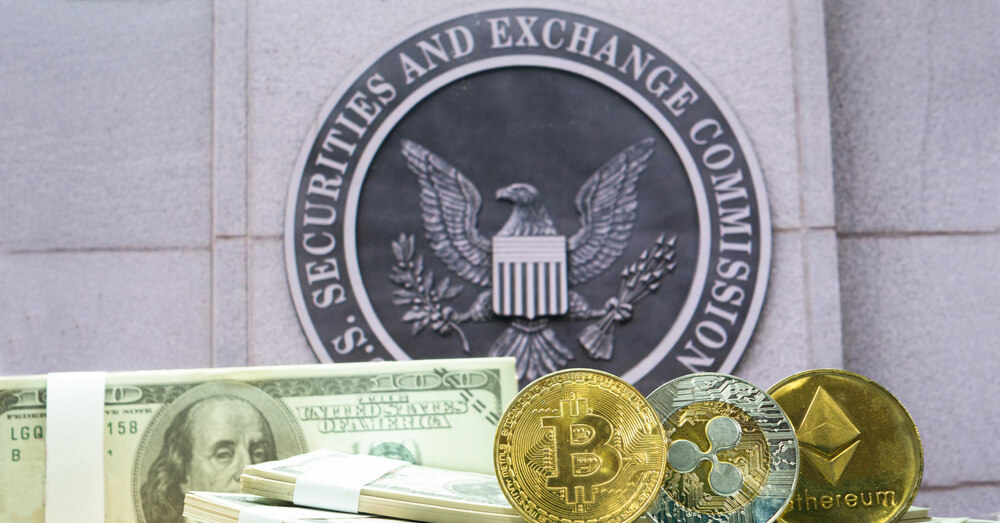
2020 is yet to come to an end but figures already show it is an unprecedented year for the US Securities and Exchange Commission
According to the Enforcement Division of the US Securities and Exchange Commission (SEC), around $4.68 billion in penalties and illegal income has been seized so far this year. This is the highest amount that has ever been collected by the commission within this timeframe.
Interestingly, more than one-quarter of this seized amount has been from the crypto sector. Telegram’s Gram token tops the list as it solely contributed to the bulk of this fraction. Overall, unregistered initial coin offerings account for $1.26 billion of the collected amount by the SEC.
“The Commission obtained judgments and orders totalling approximately $4.68 billion in disgorgement and penalties – the highest amount on record,” said the Enforcement Division’s director Stephanie Avakian.
At the beginning of Q3 2019, the SEC filed a lawsuit against cloud-based messaging service Telegram over the service’s Gram tokens. SEC alleged that Telegram had raised capital by selling almost 3 billion tokens to 171 initial purchasers.
The case dragged on for the next 8 months until June 26 when the SEC obtained court approval of settlements with Telegram Group. Telegram agreed to repay $1.2 billion and an additional civil penalty of $18.5 million. This amount collectively represents 26% of what the SEC has seized so far this year.
In another case, the SEC also filed a lawsuit against Kik over its 2017 initial coin offering in June 2019. The SEC claimed that Kik’s ICO sale was illegal as the company sold the tokens without obtaining the required registration. The final judgement was delivered in October this year and Kik was ordered to pay a fine of $5 million.
Other cases that contributed to the seized amount were those against Boon Tech, Bitclave, Bitcoiin2Gen, Shopin and Unikrn. These five cases have contributed a total of about $40 million.
There’s another pending case against the NAC Foundation that is yet to be concluded. The Foundation asked the San Francisco Superior Court to dismiss the case claiming that the SEC misinformed the court.

